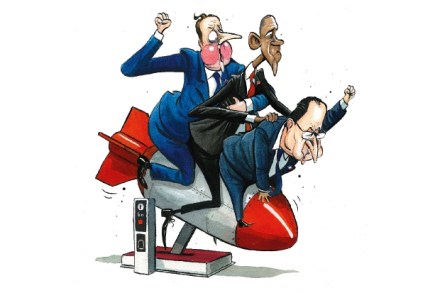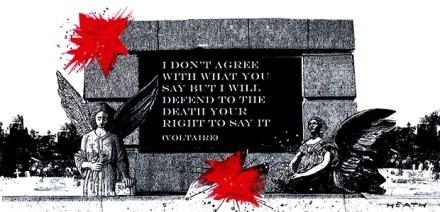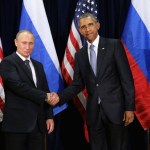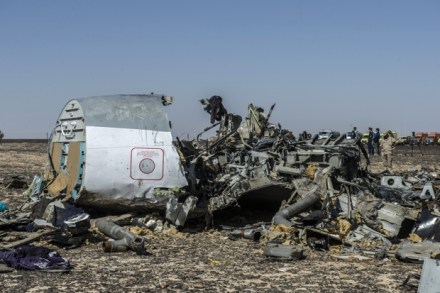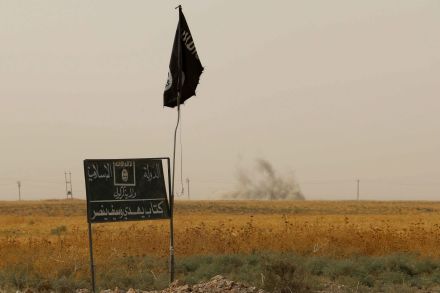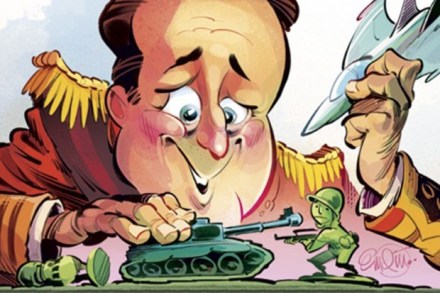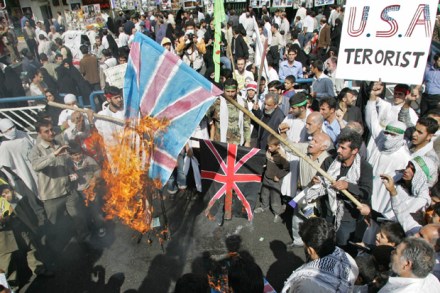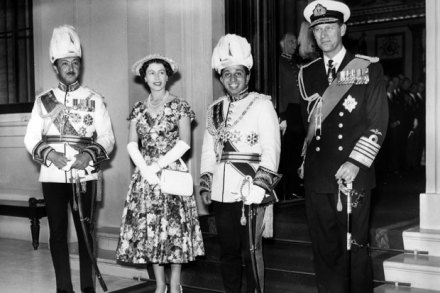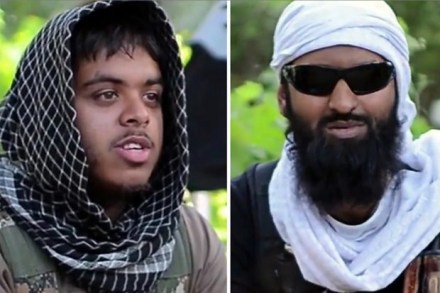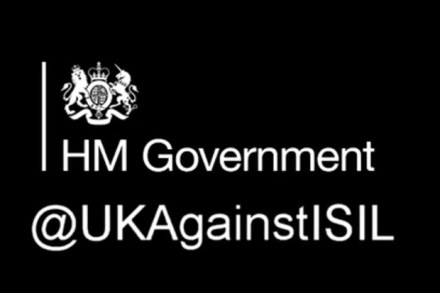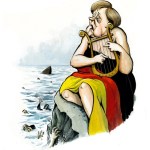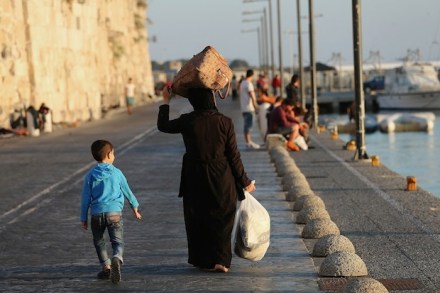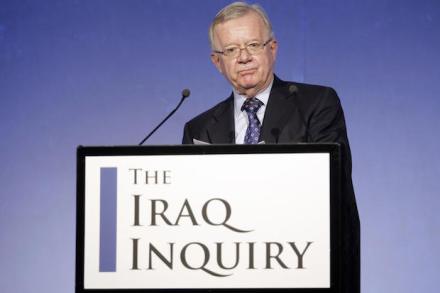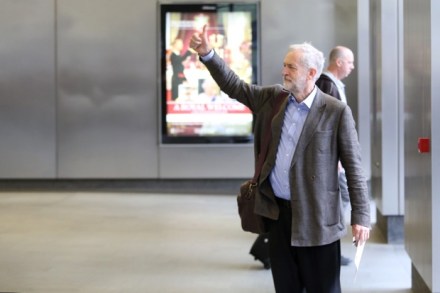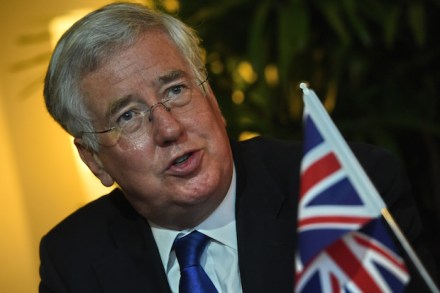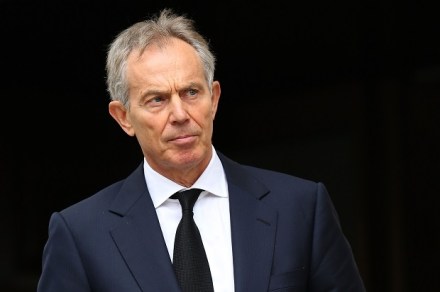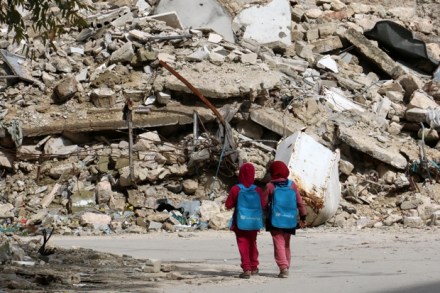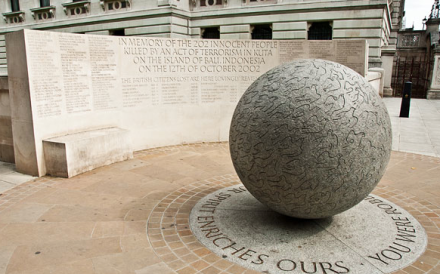The pretend war: bombing Isil won’t solve the problem
[audioplayer src=”http://rss.acast.com/viewfrom22/thegreatfakewar/media.mp3″ title=”Andrew J. Bacevich and Con Coughlin discuss the West’s war with Isis” startat=35] Listen [/audioplayer]Not so long ago, David Cameron declared that he was not some ‘naive neocon who thinks you can drop democracy out of an aeroplane at 40,000 feet’. Just a few weeks after making that speech, Cameron authorised UK forces to join in the bombing of Libya — where the outcome reaffirmed this essential lesson. Soon Cameron will ask parliament to share his ‘firm conviction’ that bombing Raqqa, the Syrian headquarters of the Islamic State, has become ‘imperative’. At first glance, the case for doing so appears compelling. The atrocities in Paris certainly warrant a
